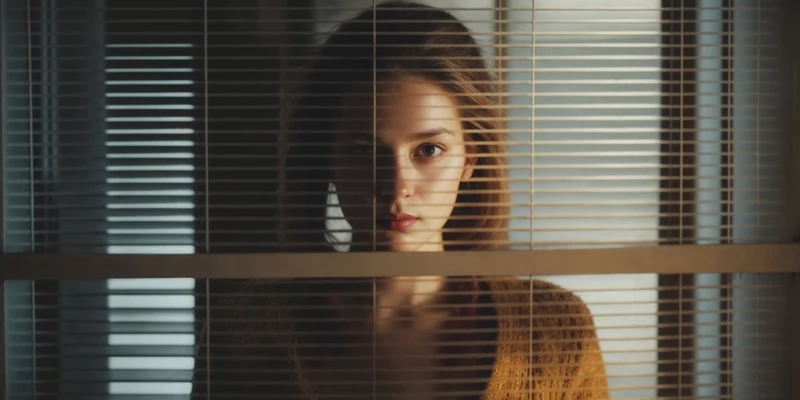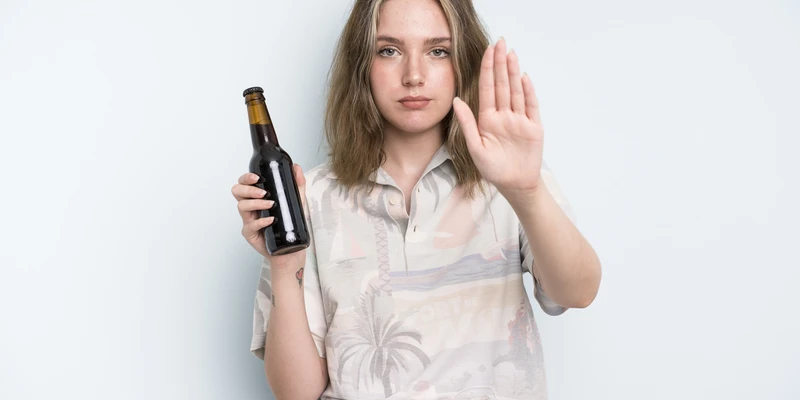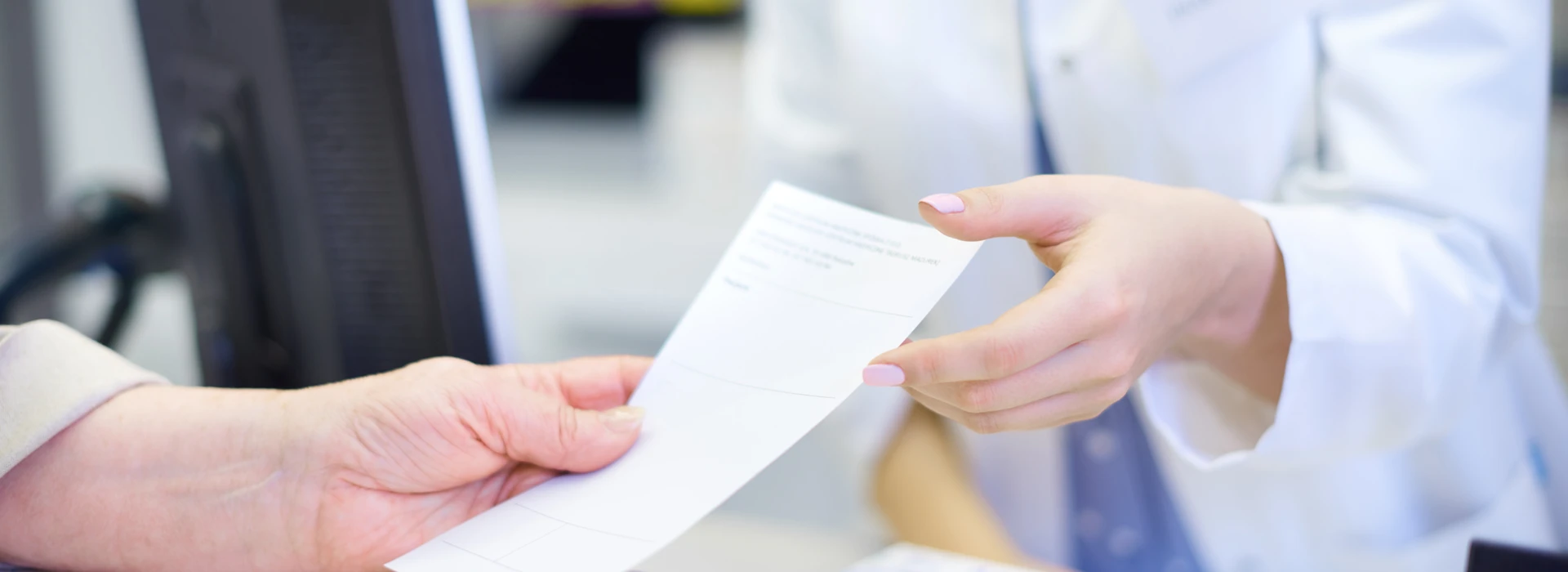
Dra. Emma Collins
Clinical Psychiatrist & Medical Detox Specialist
Although recovery must be viewed as a personalized experience, it is also important to remember the need for personal interaction among fellow residents. Twilight Recovery Center will facilitate these interactions and show why they are so important to the process.
THE GOAL OF A RECOVERY CENTER
People often believe the goal of a recovery center is to end a person’s substance abuse. This could not be further from the truth. When someone has a substance abuse issue, they will most likely struggle with it for the rest of their life. However, a recovery program aims to do two things:
- Create a safe environment where a person can detox and accept their struggles
- Facilitate a person’s successful journey into the post-rehab recovery world
This can be accomplished through a variety of different methods. However, one of the most important pieces of the process is creating positive personal interactions. These can be between individuals and staff or even between residents.
HOW PERSONAL INTERACTION PROMOTES POSITIVE RECOVERY
There are many ways a person can “come back” from substance abuse. Much of it involves individual therapy sessions with a medical professional. However, the majority of the time spent in a rehab facility involves interacting with fellow residents.
These interactions can bring about significant personal changes. For the most part, these are people who have been largely isolated due to their personal issues. They may have pushed aside family and friends in favor of their substance abuse.
Unfortunately, this removes the caring people from their lives and forces them to interact with people who may be bad for them.
People are social creatures. For many, the idea of isolation is a frightening prospect. However, when a person has become lost on this path, it may be hard for them to reach out for assistance.
They may feel personally responsible and guilty for their issues. It may even feel like a burden to ask for help or a kind word. That is why the idea of someone reaching for them and offering a kind word in the middle of their stormy life can lead to a more positive recovery.
WHAT IS PERSONAL INTERACTION IN RESIDENTIAL CO-HABITATION?
Once a person accepts recovery and joins a program, they are given the opportunity to interact in a safe environment.
STAFF INTERACTION
One of the main things to remember is that the staff is not there to be hovering, judgmental overlords. They are involved and invested in the recovery program. These are well-trained individuals who want to interact on a personal level with each resident.
This is also not simple lip service. When their goal is to create a safe space, this means making themselves accessible to each person who needs them.
The way this care shows itself is through daily interactions. Staff may assist with meals and groups and be available should residents require a chat. One thing that residents are told is that the staff is there to help. Therefore, it is not an imposition to ask for help.
The staff is aware of what people are going through and that having a person to laugh and cry with who will not judge can be transformative.
RESIDENT INTERACTION
With a variety of different people occupying a facility at any given time, it is important for residents to get to know each other. This is done in a monitored environment but does not mean it is heavily regulated. In fact, personal interaction is encouraged as it brings about a natural coaxing of information and emotion.
By this, we mean that through daily interactions with each other, residents will begin to realize what they have in common. People they may have viewed as strangers create common ground and begin to learn about each other. When this happens, the differences become exciting, and the ways in which they give and take advice begin to blossom in a healthy way.
Previously, they may have been upset and unable to control their emotions. However, in a closed environment where everyone is on the same level, there is zero judgment. Statements can be made, interests can be shared, and staff is available to help residents learn to make new friends.
HOW DOES PERSONAL INTERACTION WORK IN GROUP THERAPY?
One of the main places that staff and residents interact with each other is through various types of group therapy. In these cases, the staff member will act as the facilitator. They will explain the rules of the group, which often involve the following:
- Each person gets a chance to speak
- Should they ask for advice, the group will give it one at a time
- The group will be respectful of each other’s stories
- Encouragement is greatly appreciated
With these rules in place, residents can feel free to tell their stories from their perspectives. It may come out in a way they did not expect. However, due to the rules set in place by the program, they don’t have to be perfect. They just need to be honest and know that their fellow residents are there to help, not hinder the process.
WHAT THIS MEANS POST-RECOVERY
When people can interact in a safe space, the opportunity for healing increases exponentially. With staff and fellow residents cheering each other on, a recovery program becomes the best place to learn the skills of personal interaction.
This only leads to better social and interpersonal skills going forward.
When someone enters a recovery center, they may feel antisocial or angry. This is to be expected. However, the staff at Twilight Recovery Center knows how to interact with these individuals and show them they can relax because they are safe. Once a resident understands their situation and can focus on their care, they will begin to interact with other residents and the happy, caring staff.
This positivity is infectious and brings life to the program that very few programs can offer. When that is combined with our tropical environment, there is a sense of calm, peace, and togetherness that bubbles up within everyone involved in the program. Join us at Twilight Recovery Center by calling (888) 414-8183.







